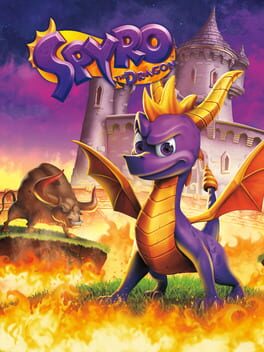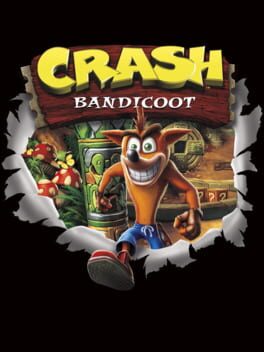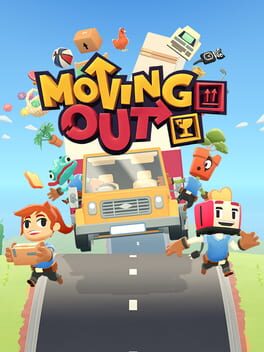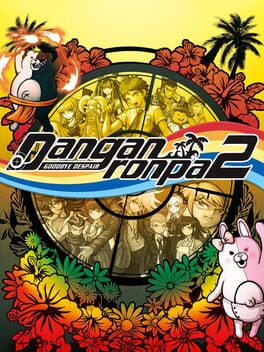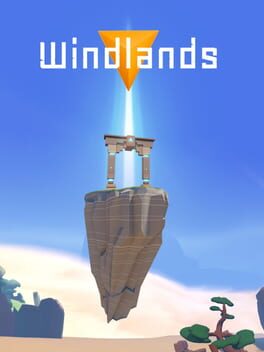Lobst
My best hours with this were spent cautiously exploring new areas and sparring with difficult bosses (the DLC was especially great for this); my worst were spent grinding for resources and not knowing where or how to proceed. I still appreciated its lack of straightforwardness most of the time, considering in comparison how insistent many modern games are to restrict your ability to venture off the beaten path and make big mistakes. I don't think its approach is ideal, though; there's very little guidance on how to spec a character, and the lack of a respec utility had me questioning in the late-game whether I was dead-ending myself with my DEX build. Still, I was able to make it through, which should prepare me well for the next time I visit its world.
2018
I played the original Spyro the Dragon when it first came out; I was glad to see that this gameplay format still held up for me. Typical of games by Insomniac, this one uses its level geometry, visual design, and collectible placement all to great effect at highlighting for the player where to go/what to do next. The remake's graphical improvements are gorgeous and very much appreciated, but they also occasionally mess with that highlighting by making everything look so good that some optional areas and items don't stick out enough. I'd call that a minor complaint, though. There aren't many games in the 3D platformer genre that flow anywhere near as smoothly as Spyro 1, and that level of flow is likely going to be the factor that has me returning to it in the future.
2017
Another one I played when the original came out. I appreciated the remake for the most part, though I'd like it a lot better if it didn't force its player into challenges that take place almost entirely on the depth axis, which the game's lack of camera control (a faithfully recreated element from the PSOne original, due to a tech limitation in how it loaded its content from its disc) prevents the player from adequately gauging.
2020
Played this cooperatively with my partner. The action is hectic and filled with interesting cooperative challenges that don't outstay their welcome, enough that we leapt into secondary level objectives immediately after credits rolled. My only complaint (and it's not much of one) is that the dialogue is a bit crude and overly referential in places, but like the recognizable elements in its soundtrack, it's complemented by more than enough craft and originality that it was hard for me to fault.
Some of its cases are a little too self-aware for their own good, and one or two ignore rules established by the series, but I lived for the overall story, which itself loves to toy with expectations of the audience that played the first game. While many sequels that say "Whoops, get ready for the same scenario as the first installment but with a fresh coat of paint!" fall flat on their face, I think this one very effectively justifies itself from both lore and thematic standpoints, and I found myself thinking about it for days after hitting credits. (I will not miss Improved Hangman's Gambit or Logic Dive.)
2016
Windlands is still a satisfying ride in 2021, a colorful 3D platformer with easy-to-pick-up swinging mechanics and a brief (but sprawling) campaign that teaches you how to manage momentum to a surprising level of depth. It's also a pretty good way to get your VR sea legs, since over the course of my time with it I went from having to play in 20-minute segments (before I'd get too tense and borderline-nauseous) to spending over an hour in the game per session without difficulty.

